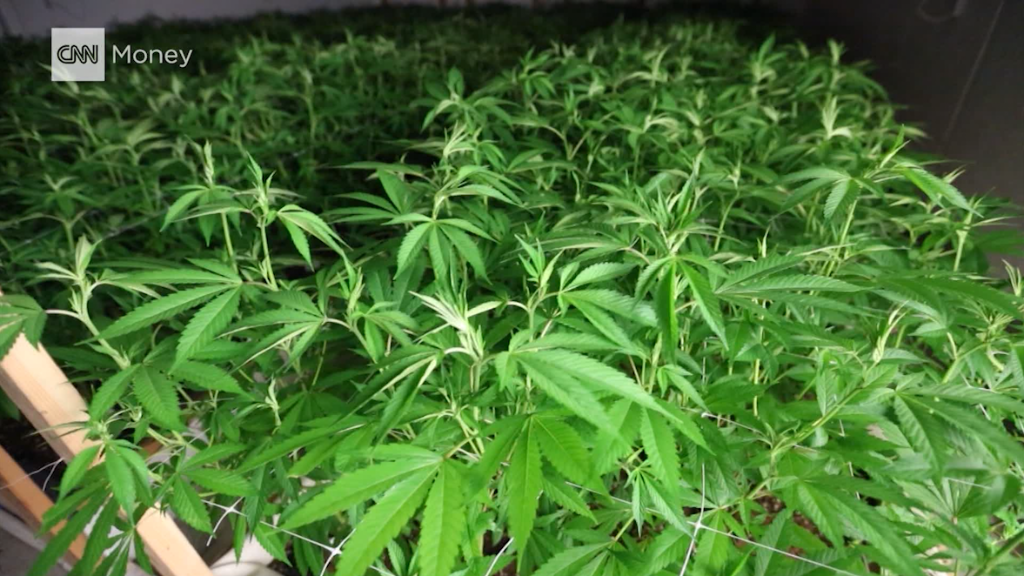
The governor of Vermont has expanded medical marijuana there, weeks after vetoing a bill that would have legalized recreational marijuana.
Governor Phil Scott, a Republican, signed a bill that adds Parkinson's disease, Crohn's disease and post-traumatic stress disorder to the list of conditions that can be legally treated with pot.
When the law goes into effect July 1, those patients will be eligible to legally possess and use marijuana, and to buy it at the four state-sanctioned dispensaries in Vermont.
Vermont has had legal medical marijuana since 2004. It applies to patients with a list of serious conditions that are typically found on state plans, including cancer, HIV, multiple sclerosis and glaucoma.
Medical marijuana is legal in 29 states, and it's not unusual for states to expand those programs. New York recently added chronic pain to its medical marijuana program.
The expansion in Vermont is notable because the governor on May 24 rejected a separate bill that would have made Vermont the ninth state to legalize recreational marijuana, and the first to do by legislative means.
Scott said he was not "philosophically opposed to ending the prohibition on marijuana." He sent the bill back to the legislature for improvements, rather than killing it.
Related: Vermont gov rejects legalization of recreational marijuana
Scott said he wanted tougher penalties for stoned driving and for providing the drug to children. He also wants the bill to include "an impairment testing mechanism" that police could use to find out if a driver is stoned. There's no marijuana Breathalyzer on the market, though a couple of startups are testing them.
Related: 10 things to know about marijuana legalization
Lawmakers will convene June 21 for a special session on the recreational marijuana bill.
